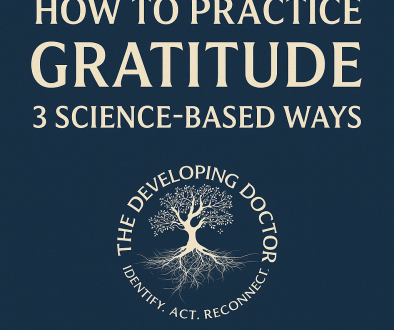Premedical Student Research and Medical School Applications
Are you a premedical student considering applying to medical school but wondering if research experience is necessary for acceptance? The short answer is no, but it can definitely help.
Based on available data from previous application cycles, 60% of medical school applicants participate in research. Research experience can boost your application, but it is not an absolute requirement for admission. Some admissions committees may value and emphasize research experience depending on the school’s mission. However, other admissions committees prioritize leadership and volunteer experience over research. Review the mission of the school you hope to attend and choose the extracurricular activities that align with your values and the school’s mission.
Why do admissions committees and medical schools value research experience?
Research trains pre-meds to think critically about unresolved problems in medicine, preparing them for when they encounter a question they don’t know the answer to or need to decide between two treatment options for a patient. Research teaches you how to evaluate medical literature and critically analyze evidence to make informed decisions, making comparing and contrasting treatment options easier. In short, research is the foundation of our medical knowledge.
What type of research will look best on my application?
There are different types of research available, and a common misconception is that pre-meds must be involved in basic biomedical or bench research. That is not true- all research teaches critical thinking regardless of the subject matter. Some types of research include basic science, translational, clinical, health policy, research in medical education, narrative medicine, and biomedical engineering. Alternatively, consider research in sociology, history, or ecology. You will walk away with valuable skills and experiences regardless of the type or subject.
If you decide to pursue research, what should you get from the experience?
Research shows dedication to advancing knowledge, and you can learn about the scientific process, how to ask questions, test them, analyze data, and generate conclusions. Additionally, research also requires teamwork, which can be a valuable skill to have. Research provides a chance to present your project and publish your data, a great way to show your contributions to medical knowledge. Finally, research rarely goes as planned, and projects commonly fail. Experiencing and bouncing back from failure is an important life lesson.
In conclusion, premedical student research experience can be helpful but optional for medical school acceptance. Admissions committees seek a well-rounded applicant with leadership, volunteer, and clinical experience. However, research can be a valuable experience that teaches critical thinking, teamwork, and dedication to advancing knowledge. If you are interested in pursuing research, explore the different types of research available and find a project that aligns with your interests. Remember to highlight your role in the project when discussing it on applications, and be prepared to discuss any challenges or unexpected results. Contact The Developing Doctor if you need additional guidance or support. Good luck with your medical school applications!





